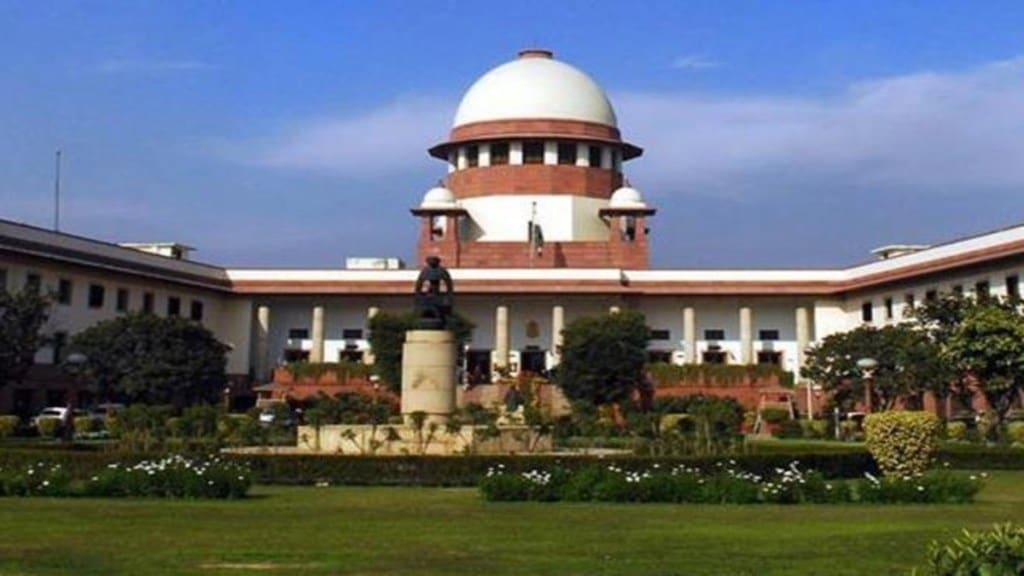The Supreme Court on Wednesday directed an expert committee to submit its recommendations within three months on proposed changes to food safety regulations that would require warning labels on the front of packaged food products, according to a report by PTI.
The directive came during the hearing of a Public Interest Litigation (PIL) filed by public health organisations 3S and Our Health Society. The petition, presented by advocate Rajiv Shankar Dvivedi, called for mandatory front-of-package labelling (FOPL) to alert consumers when products contain high levels of sugar, salt, or saturated fat. A bench of Justices J.B. Pardiwala and R. Mahadevan noted the Centre’s submission that an amendment to the Food Safety and Standards (Labelling and Display) Regulations, 2020 is currently under review. The Food Safety and Standards Authority of India (FSSAI) has reportedly received around 14,000 responses during its public consultation process and has formed a panel to examine the feedback.
“We dispose of this writ petition with the direction to the expert committee to give its recommendations expeditiously within three months,” the bench said. The petitioners cited data showing that non-communicable diseases (NCDs) account for over six million deaths annually in India. Conditions such as obesity, diabetes, cardiovascular diseases, and some cancers have been linked to increasing consumption of highly processed foods. The petition argued that clear front-of-package warnings could help consumers make more informed choices.
Public health experts supporting the move say that simplified labels are especially important in a country with varied literacy levels and limited awareness about nutrition. Unlike standard nutrition panels, FOPL systems aim to highlight key health risks more visibly. Several countries, including Chile and Mexico, have introduced similar labelling policies in recent years to address rising rates of diet-related illnesses. While the government has not yet announced a final decision on the proposed regulations, the court’s directive is expected to accelerate the process.

